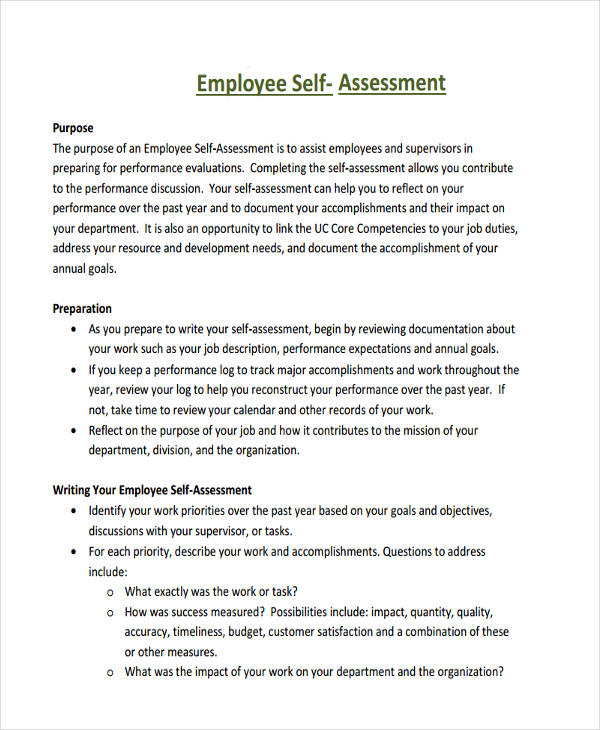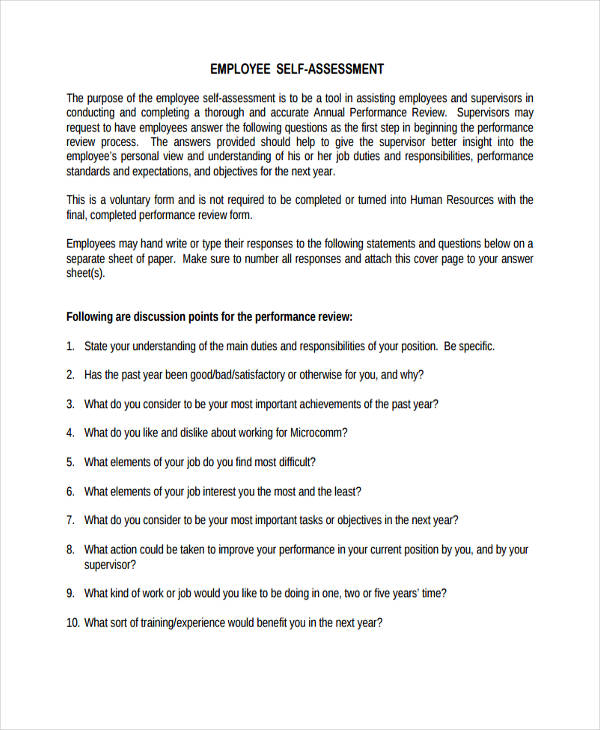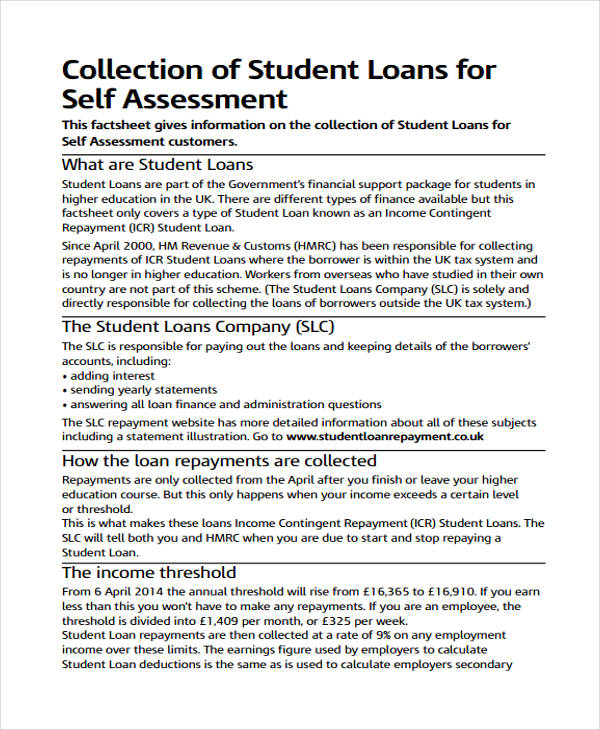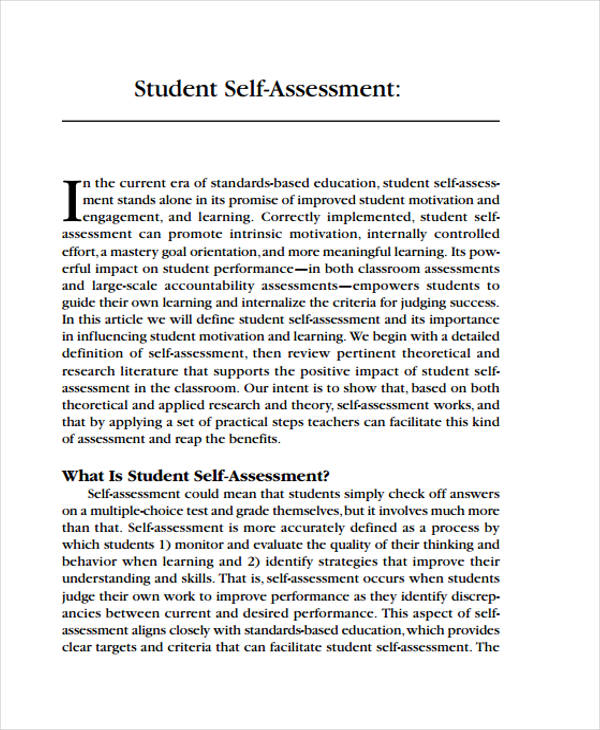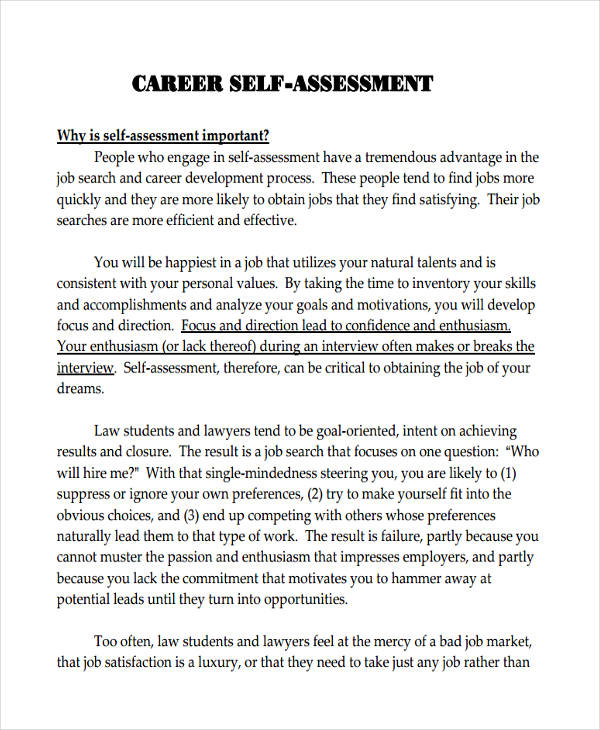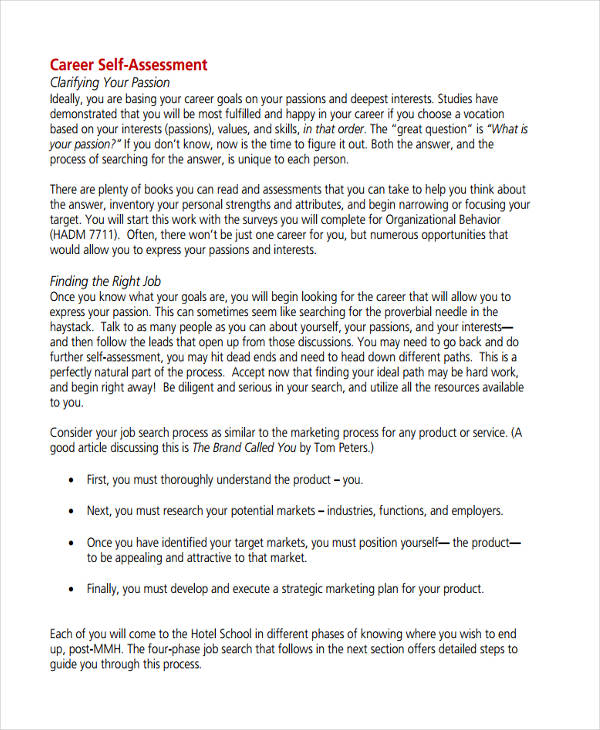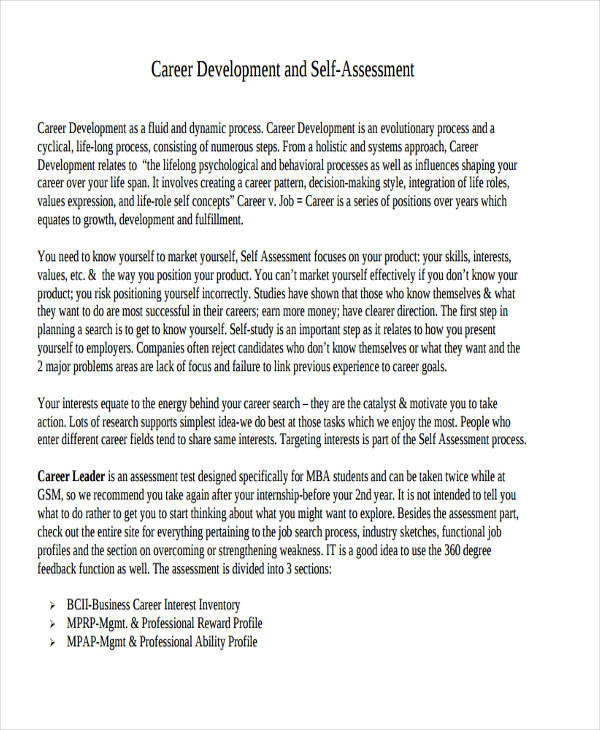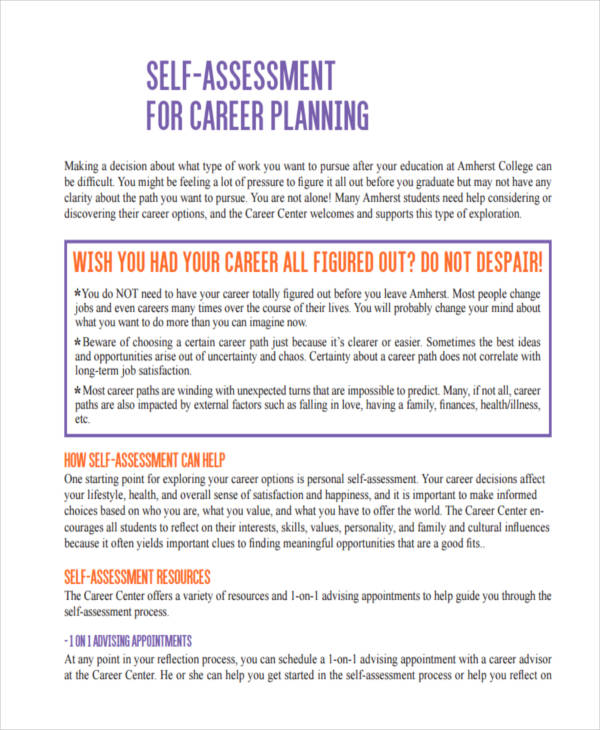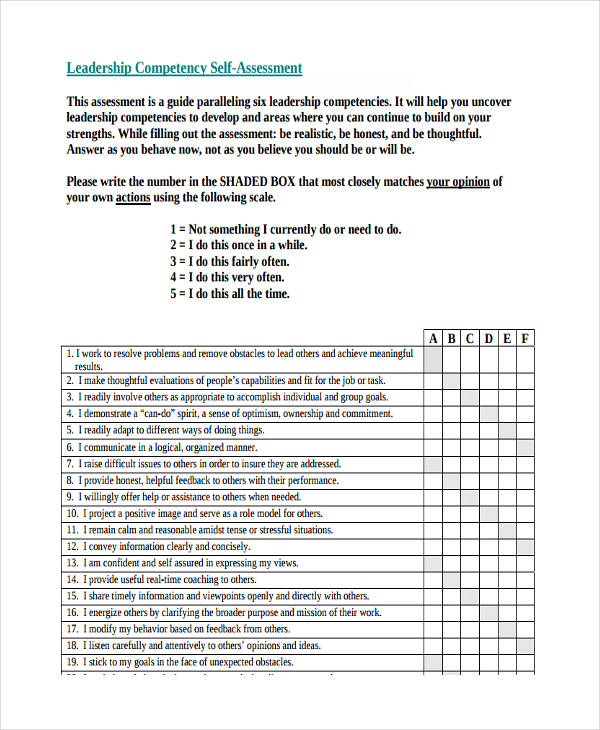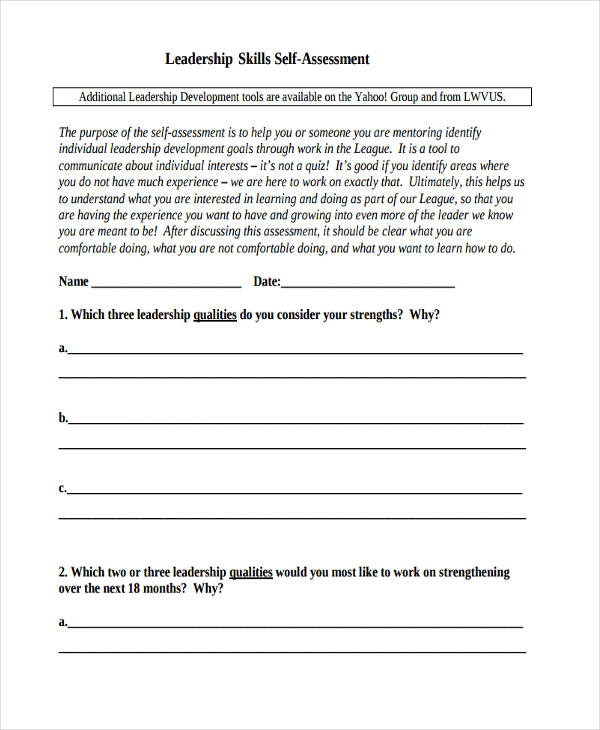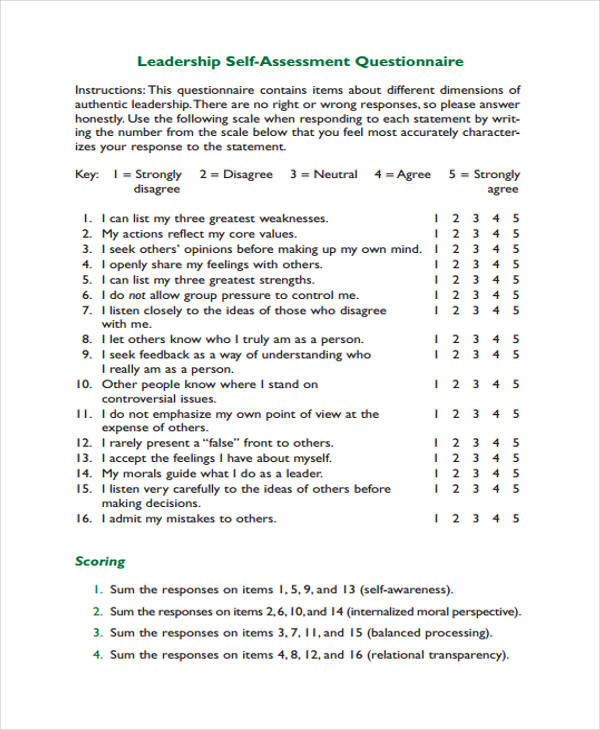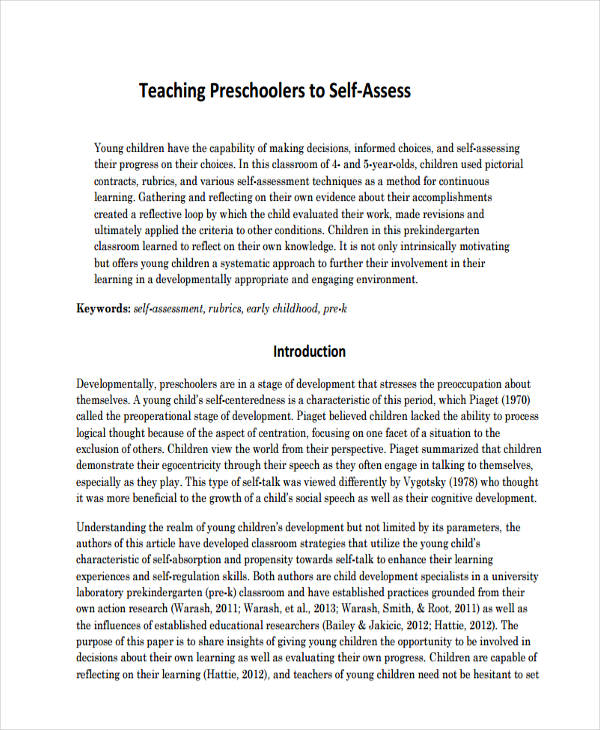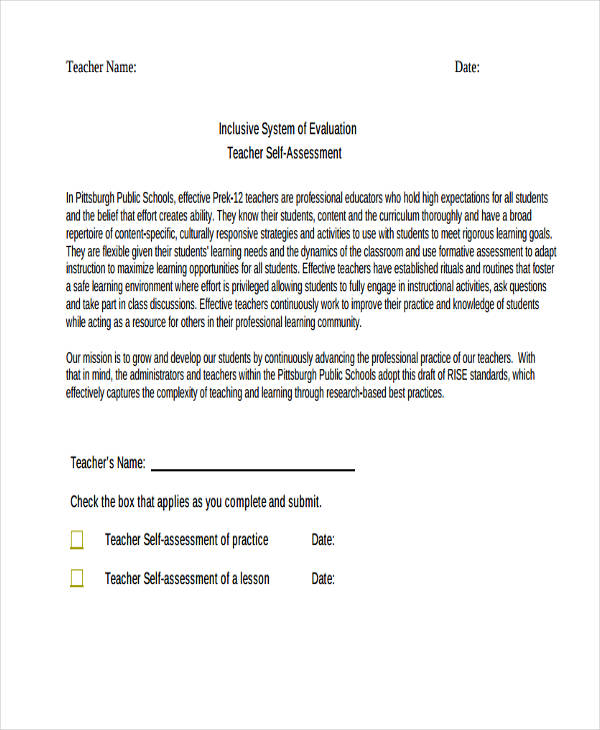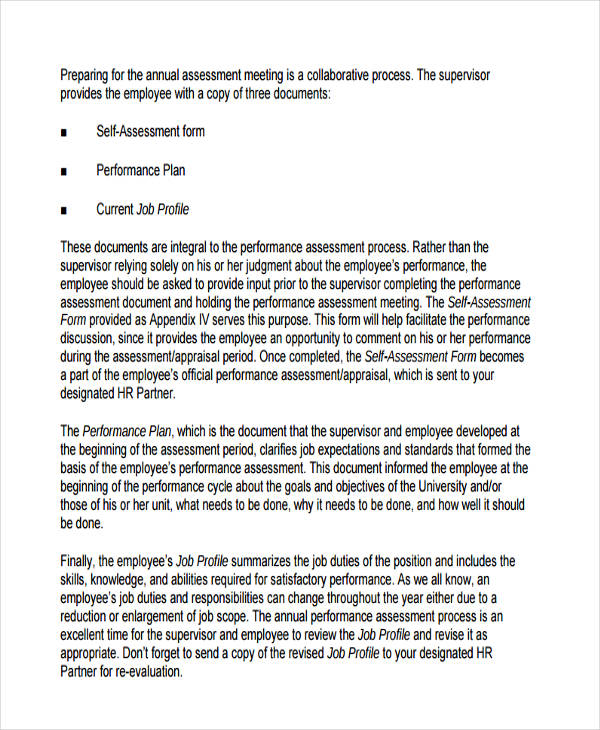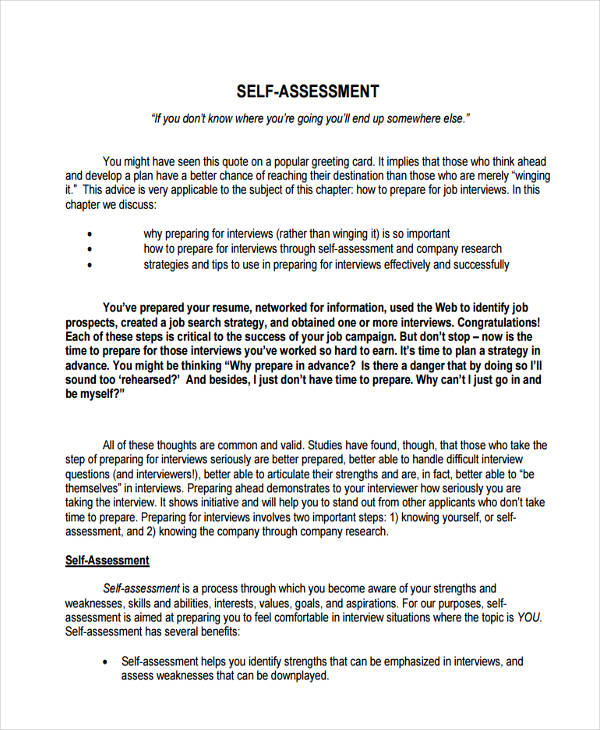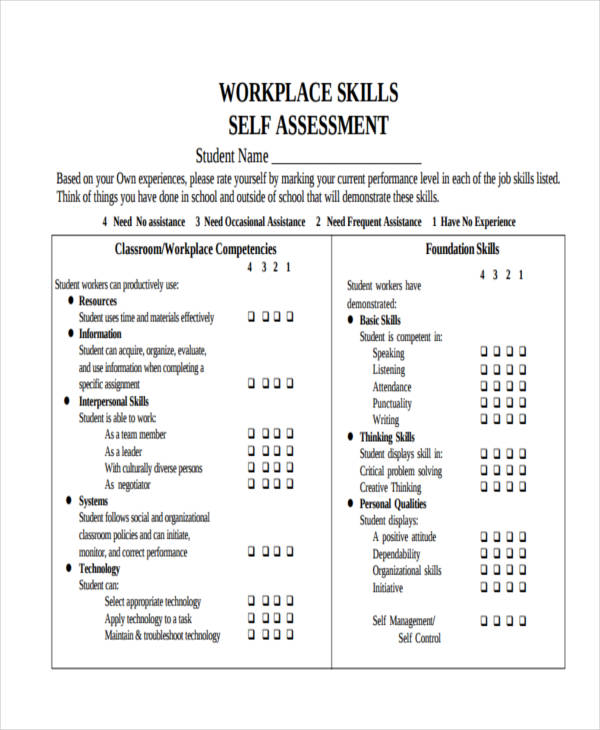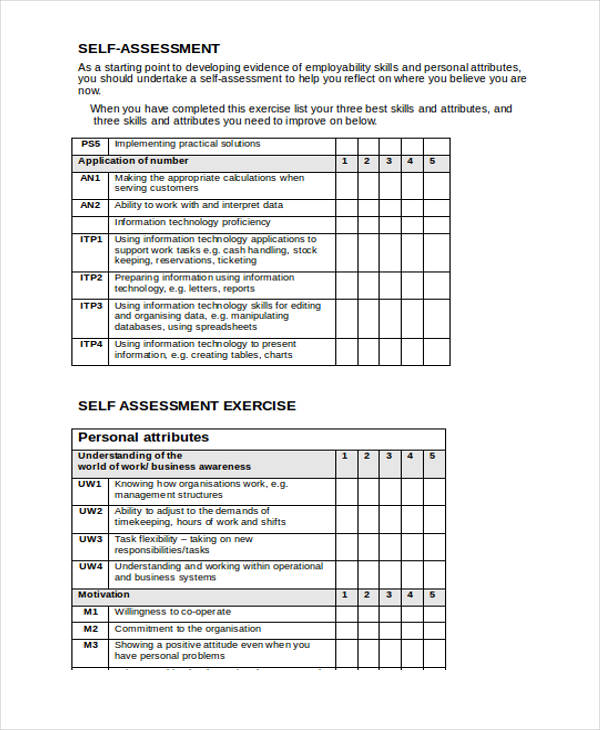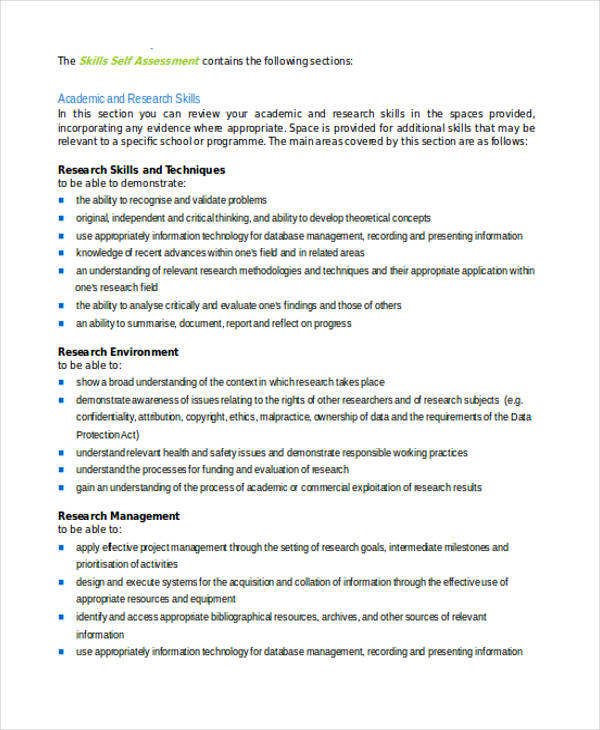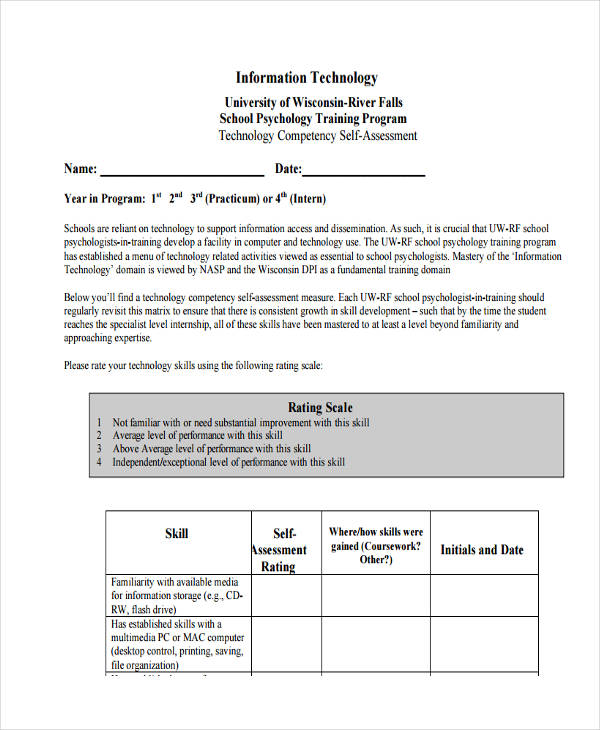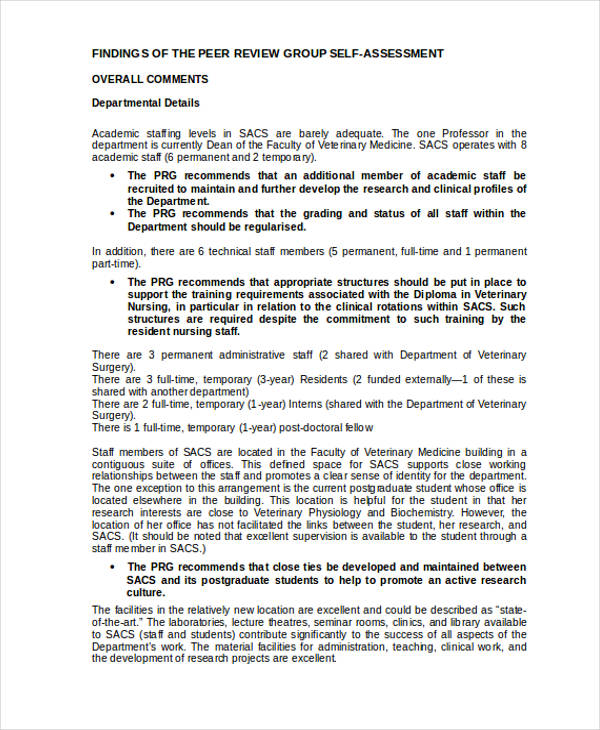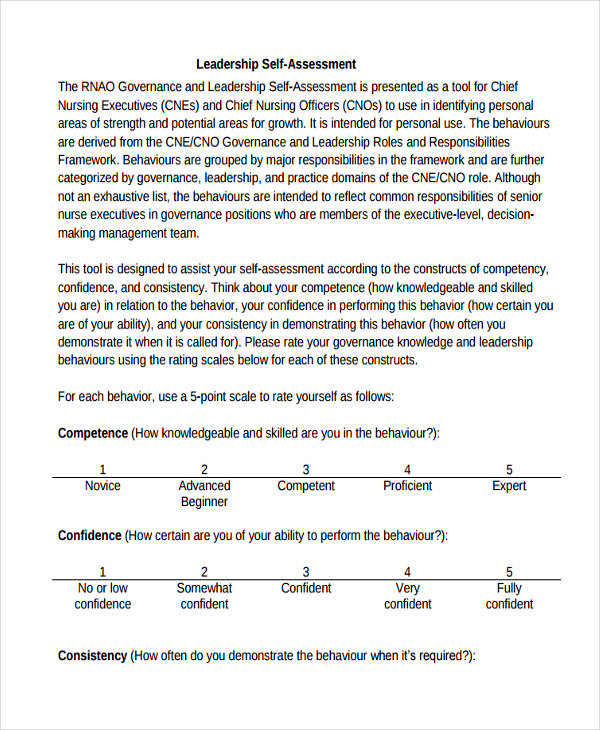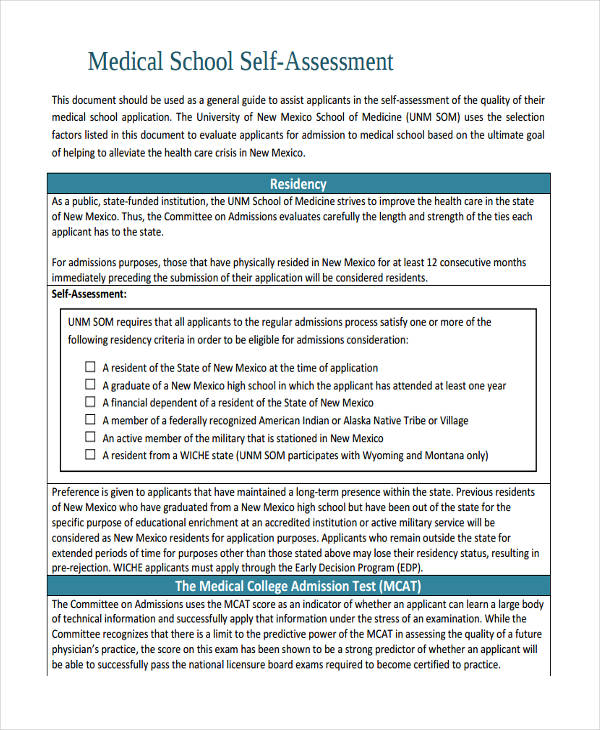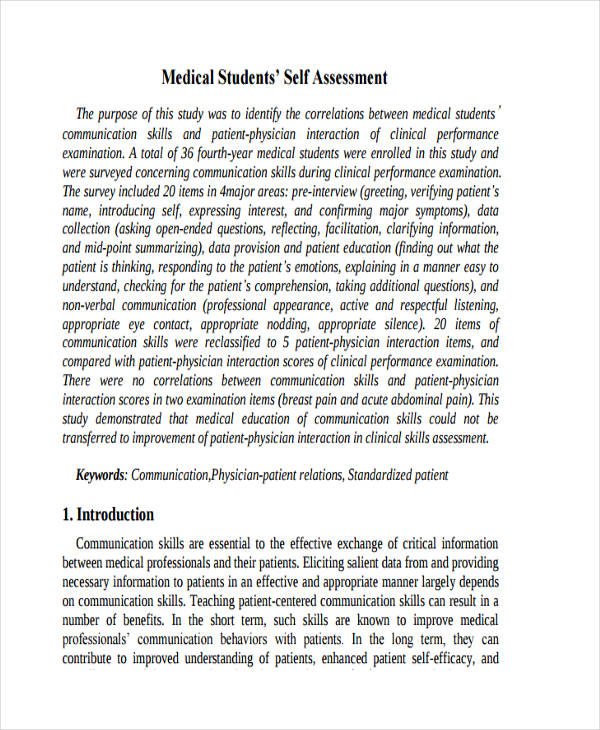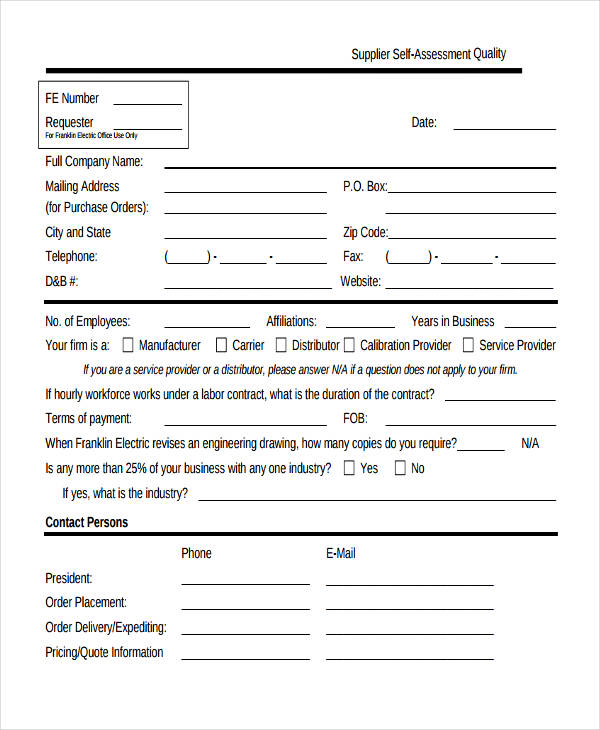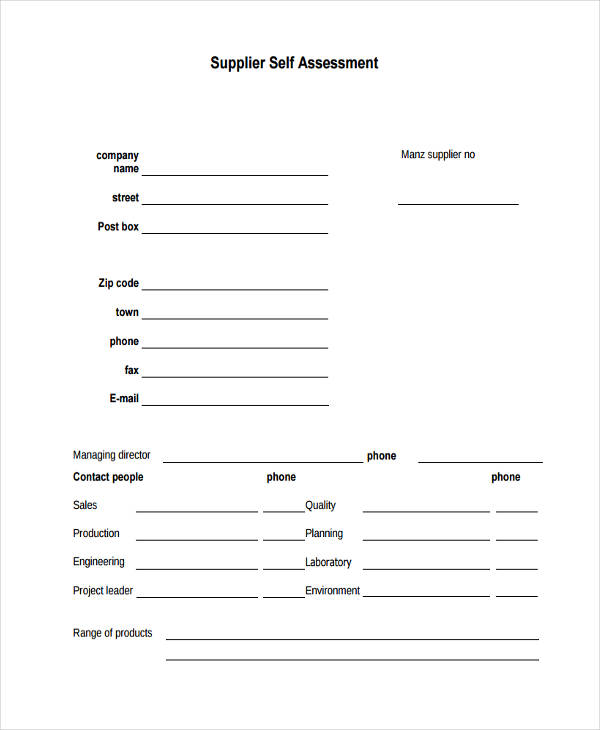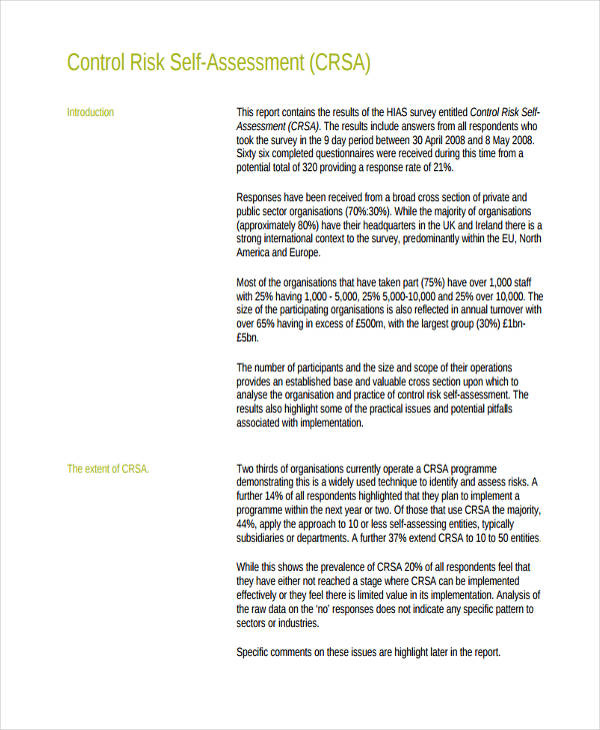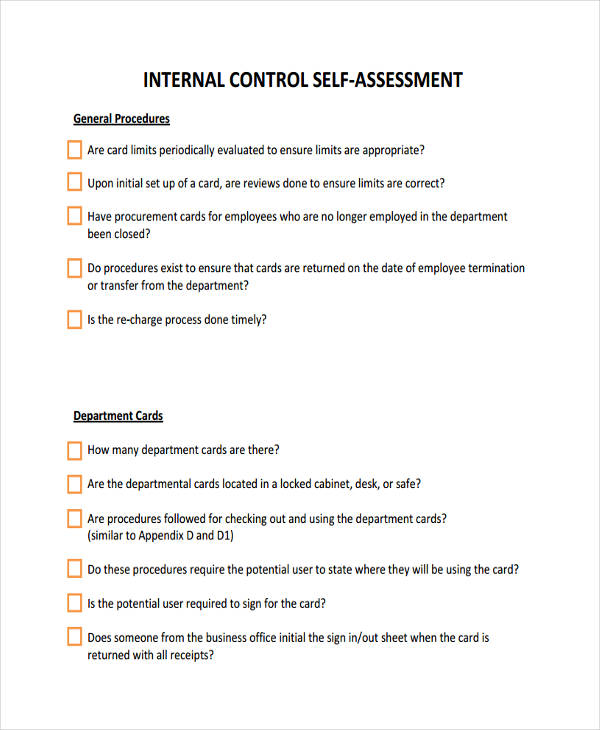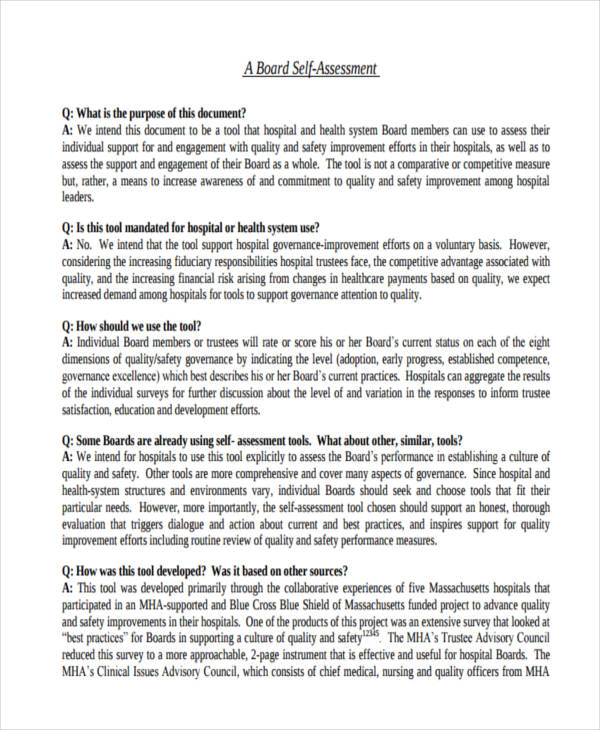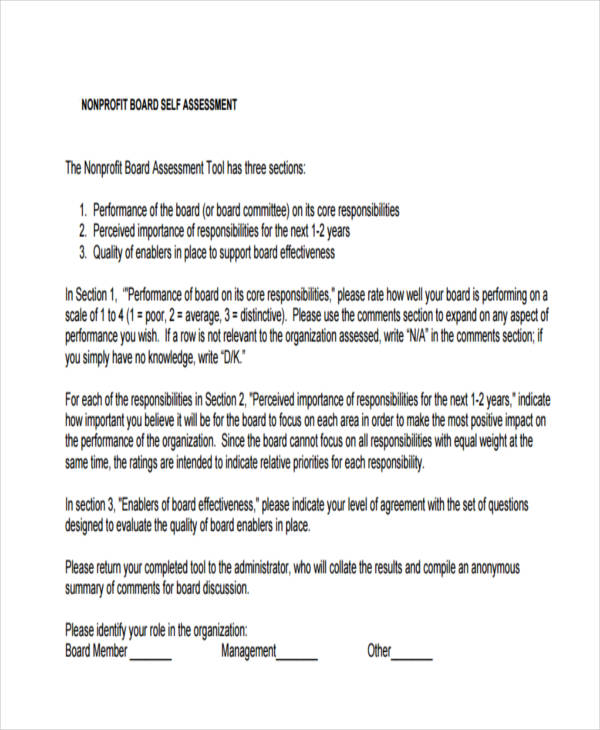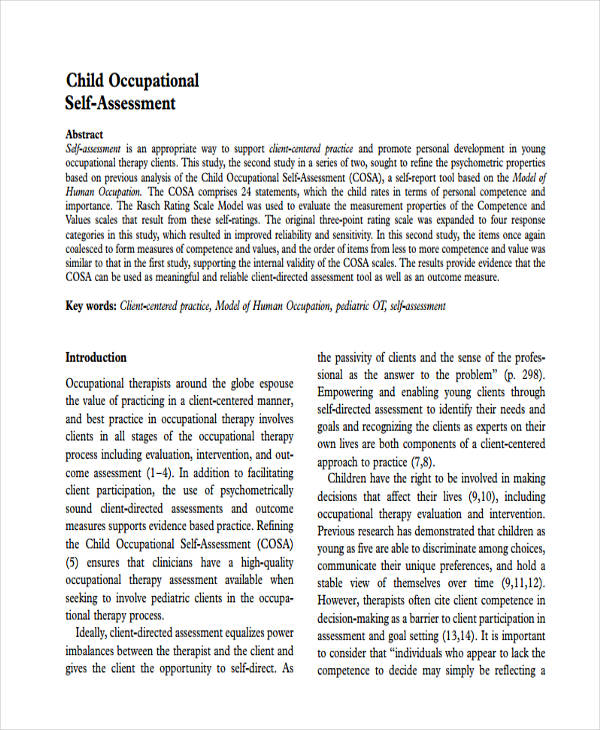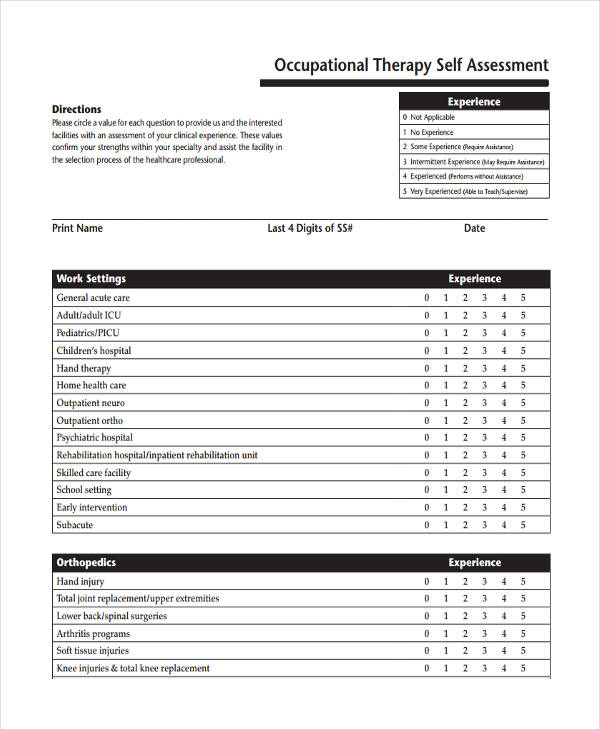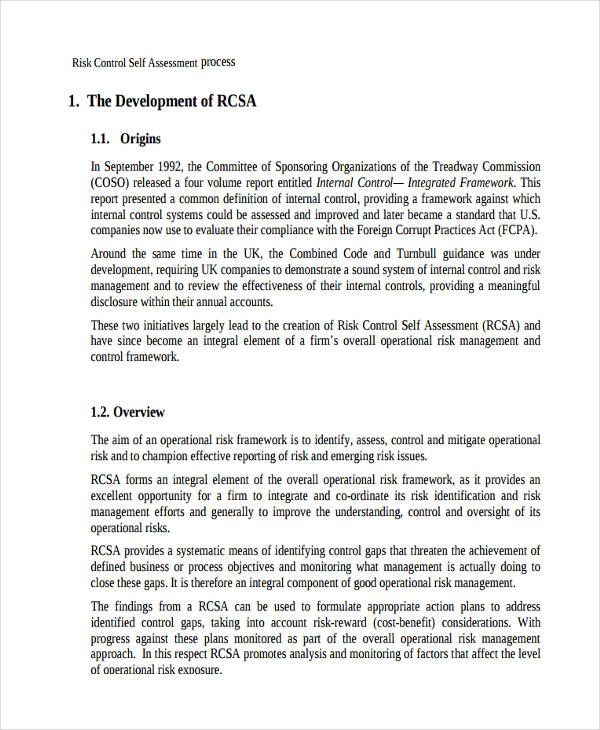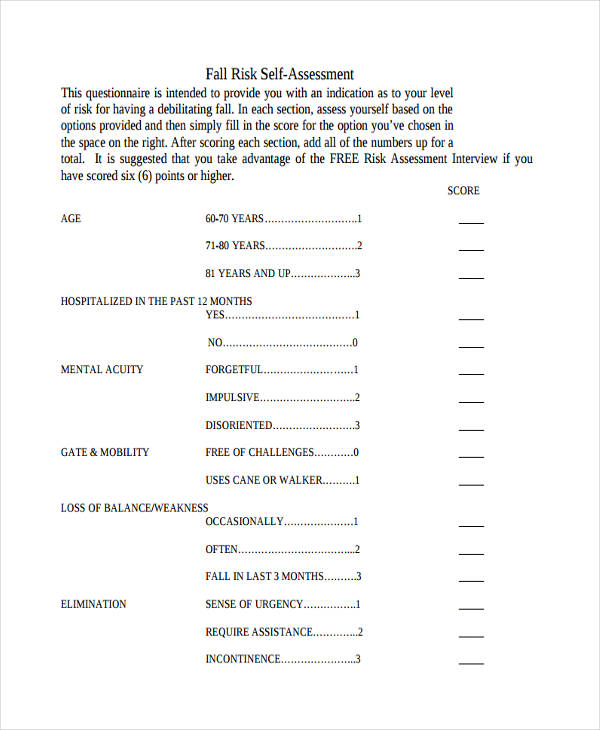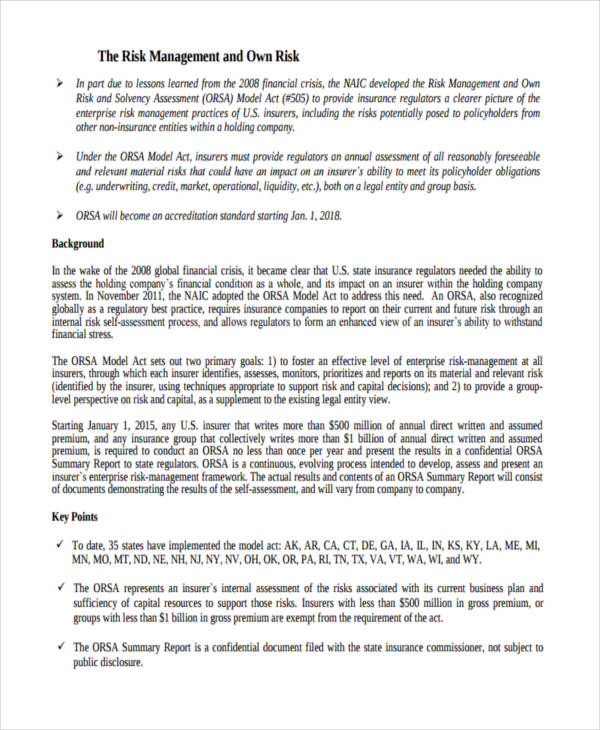46+ Self-assessment Examples to Download
It’s that time of year and your boss is nagging you for your self-assessment. You cringe at the mere thought of writing down your accomplishments as you may think that your manager would think you’re boastful or worse, a fake. Writing your self-assessment does not have to be such an ordeal with a few simple tips. You may also see career assessment examples.
Examples of self-assessment plans are available for download here. They detail and outline what needs to be done in preparation for any or specific self-assessment. These are available in pdf format. You would need a pdf reader to access the file.
Self-Assessment Worksheets Template
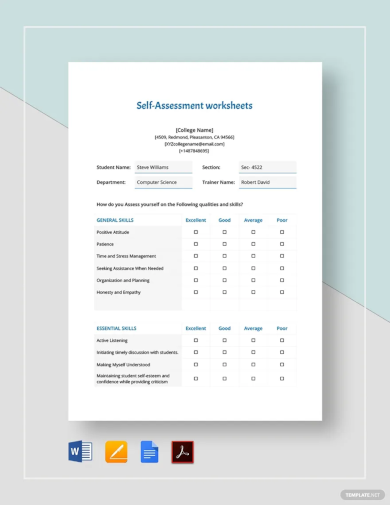
Self-Assessment Form Template
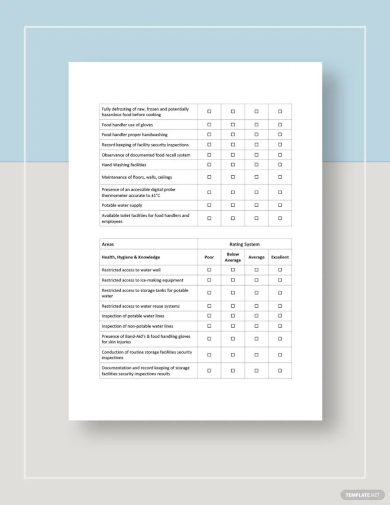
Free Self Assessment Plan Template
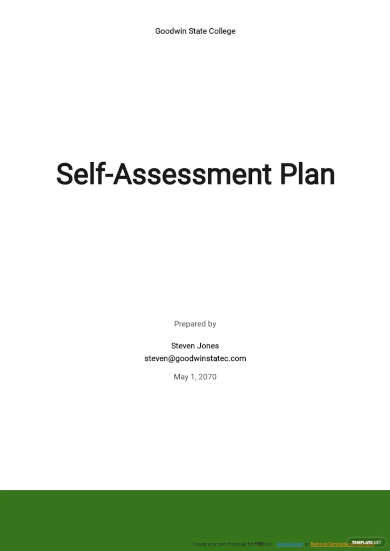
Worksheet Self-Assessment Template
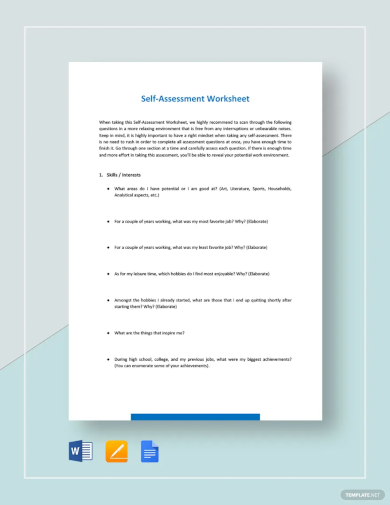
Free School Self Assessment Template
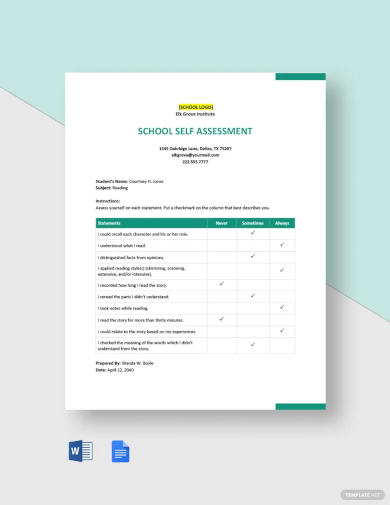
Worksheet Self-assessment Template
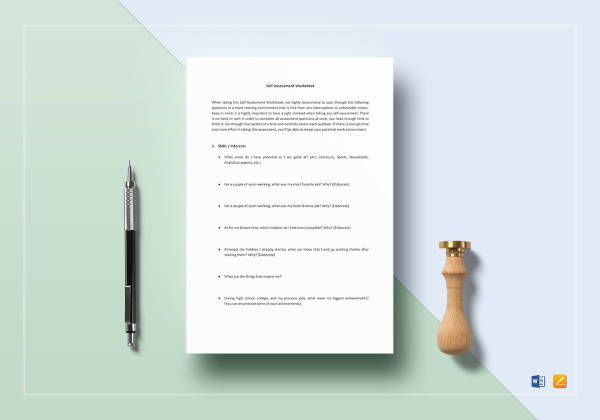
Free Self-assessment Template
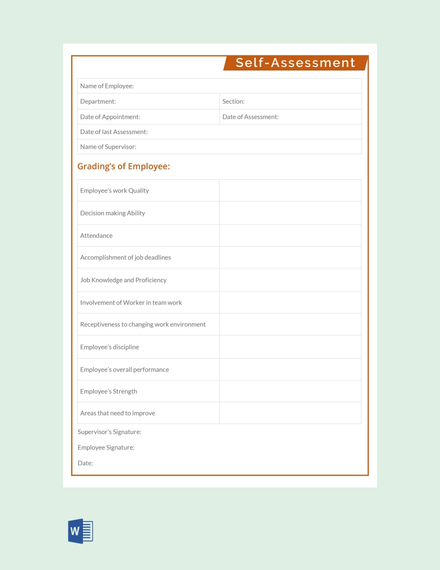
Employee Self-assessment
Employee Performance Self-assessment
Free Employee Self-assessment
Student Self-assessment
Student Loan Self-assessment
Student Self-assessment in PDF
Career Self-assessment Example
Free Career Self-assessment
Printable Career Self-assessment
Career Development and Self-assessment
Career Planning Self-assessment
Leadership Self-assessment
Leadership Competency Self-assessment
Leadership Skills Self-assessment
Leadership Questionnaire Self-assessment
Teacher Self-assessment
Preschool Teacher Self-assessment
Teacher Evaluation Self-assessment
What is Self-assessment?
It is the process of self-reflection or looking at oneself or work to assess aspects of importance and short report comings. This, in turn, helps others learn how one views his self or own performance in contrast to what others perceive.
Importance of Self-assessment
- Enhances the certainty of self-knowledge
Knowledge of one’s strength and weaknesses help the person to grow and acknowledge where one is good at and areas for further improvement - Self-assessment bridges the gap between expectations and actual performance.
Self-assessment aims to be able to determine the goal that was set and recognizing the progress at which one has achieved - It provides an open channel for communicating smart goals, opportunities and development for oneself
Employees are able to provide management feedback on their desired career paths and plans in developing them.
Self-assessment then becomes a driving motive towards self-acceptance, acknowledgment, and eventual enhancement.
Before the Self-assessment
1. Recognition
perhaps the hardest thing to do in facing an ordeal is making the first step. Instead of dreading it, recognizing self-assessment as important as the actual task of doing your job and as an opportunity to remind management of what has actually been done is a great way in inducing your mindset for making your self-assessment. It is also a chance to highlight areas where you and your manager have different perspectives or points of view. You may also see health assessment examples.
2. Accomplishments
Direct your attention to a list of major goals that you had in the previous assessment or at the beginning of the year and highlight the progress to which you were able to achieve. You may also like assessment questionnaire examples.
3. True Assessment
Be aware of self modesty. Do not undermine your accomplishments as simple feats. Remember that management gives recognition only when they know where it is due. While self modesty should be set aside, it is also not good to give false high ratings. It would only mask areas where you would need improvement. It is good to put in mind how your manager or your colleagues would likely rate you. You may also check out nursing assessment examples.
Job Self-assessment Example
Job Performance Self-assessment
Job Interview Self-assessment
Job Skills Self-assessment
IT Self-assessment
IT Employee Self-assessment
IT Professional Self-assessment
IT Skills Self-assessment
Nursing Self-assessment Exampless
Veterinary Nursing Self-assessment
Nursing Leadership Self-assessment
Medical Self-assessment
Medical School Self-assessment
Medical Student Self-assessment
Before Self-assessment Continued
- Basics
Do not try to beat around the bush. Going straight for the areas where you think you need improvement means that you acknowledge your shortcomings and will try to think of ways on how you could improve on that aspect. - Look Back
Come up with a list of your previous goals and make a comparison to where you are progressing so far. This way, you have already identified how much you have improved and areas where you will likely see opportunities to even further your writing skills. - Plan Ahead
Making a habit of planning for the next evaluation certainly would make it easier for you on doing your next self-assessment. List definitive action plans and what was achieved including project successes and other specifics to help you in your next assessment. - Make Time
Do not give lame excuses like lack of time or think that the information you will be giving in your self-assessment is not important. Self-assessment plays an important role in the annual report performance review to get up from your behind and do your stuff.
Actual Self-assessment
- Take pride in your work
Do not be afraid to highlight your accomplishments. Point out specific projects that show your best work. Make management understand the value of your work impacting the business as a whole. - No one is perfect
Point out areas where you need improvement. It is in admitting your shortcomings that prove you are continually growing and not staying stagnant. Own your shortcomings. Always mention action plans and development ideas set in place in order to move forward and rectify the shortcoming. - Ask and it shall be given
Ask for development opportunities from management. There is no harm in trying to implore management to understand what career path you would like to take and the options in order to advance.
Supplier Self-assessment
Supplier Self-assessment Quality
New Supplier Self-assessment
Control Self-assessment
Control Risk Self-assessment
Internal Control Self-assessment
Board Self-assessment Example
Hospital Board Self-assessment
NonProfit Board Self-assessment
Occupational Self-assessment
Child Occupational Self-assessment
Occupational Therapy Self-assessment
Risk Self-assessment Samples
Process Risk Self-assessment
Fall Risk Self-assessment
Own Risk Self-assessment
Self-assessment Guidelines
- Proof
It is important to mention achievements and also equally important to have proof of those achievements. Make sure to give examples to support your self-assessment and assertions since management cannot remember everything that you would have accomplished. Management uses self assessment as input on reviewing things that you have done throughout the year. You may also see risk assessment examples. - Share
Share what you have learned. Recall previous feedback from management about the projects that you have completed. Share the ways in which you have developed your skills. Describe the new skills you have acquired and where you got them. Emphasize how these new skills would be of great importance in supporting the growth of the organization. - Take Time
Always take your time in doing your self-assessment. A haphazardly made self-appraisal would not do you any good. Submitting a well-done self-appraisal; however, may merit you additional favor from management and greatly help you in your performance evaluation.
Tips for Writing Your Self-assessment
1. Be honest with your self.

The third president of the United States, Thomas Jefferson, once said that “honesty is the first chapter in the book of wisdom.” In other words, learning starts with being honest with yourself and others. These words of wisdom are also applicable in writing your own self-evaluation. Since this document is written with the goal of communicating between the team to review and assess the past performance to move forward, it is clear that accepting your weaknesses and mistakes are among the fastest ways to grow. In contrary, lying to yourself will just block the sunshine, withering the blooming opportunity.
2. Be critically proud.

Being honest does not mean that you don’t have the right to acknowledge your achievements. In writing your self-assessment, it would be a great factor as well to recognize all of your triumph and accomplishments in the given period of time. This would also help the whole team, including yourself, to realize what qualities and works should you continue doing. Conclusively, it is great to be proud, but consider if you’re keeping it real and not exaggerating the sweet piece of victory.
3. Consider professionalism at all times.

Though self-evaluation is a subjective composition, you might be carried too much by your emotion and mood. However, you must not treat this document as a joke since self-assessment is also vital in order for a company to grow and be more productive. Whether you have any heartaches to your boss or misunderstanding to a workmate, don’t let your feelings interfere. Though it is all right to speak of something that is truly negative, it is important to keep yourself collected.
4. Don’t rush; it takes time.

Considering that you visited this page, let’s assume that you want to have a well-composed self-assessment. Writing a great self-review is not something that you can create in a few minutes. Even if it is not as technical as other compositions that you usually write, don’t underestimate the difficulty in writing a self-evaluation. Just like any other writings, you need to dedicate your time to obtain a wonderful output.
5. See the organizational chart.

Another thing that you must put into consideration is your position. Needless to say, each personnel possesses its own roles and responsibilities. Sometimes, one could be overwhelmed and influenced by the works and expectations of others. By being aware of your position, it would be easier for you to scale yourself whether you have done enough efforts to the holistic growth of the company or not.
6. Speak of and for yourself.

Self-assessments are not just for the growth of the company but also for yourself. Thus, it would be great if you are able to express yourself too. You may take advantage of this opportunity to say what you really want to do or some of the challenges that you have experienced toward reaching your goal. Furthermore, rather than focusing on others too much, focus on yourself first. By doing this, you will successfully fulfill the goal of this composition, which is to evaluate yourself.



